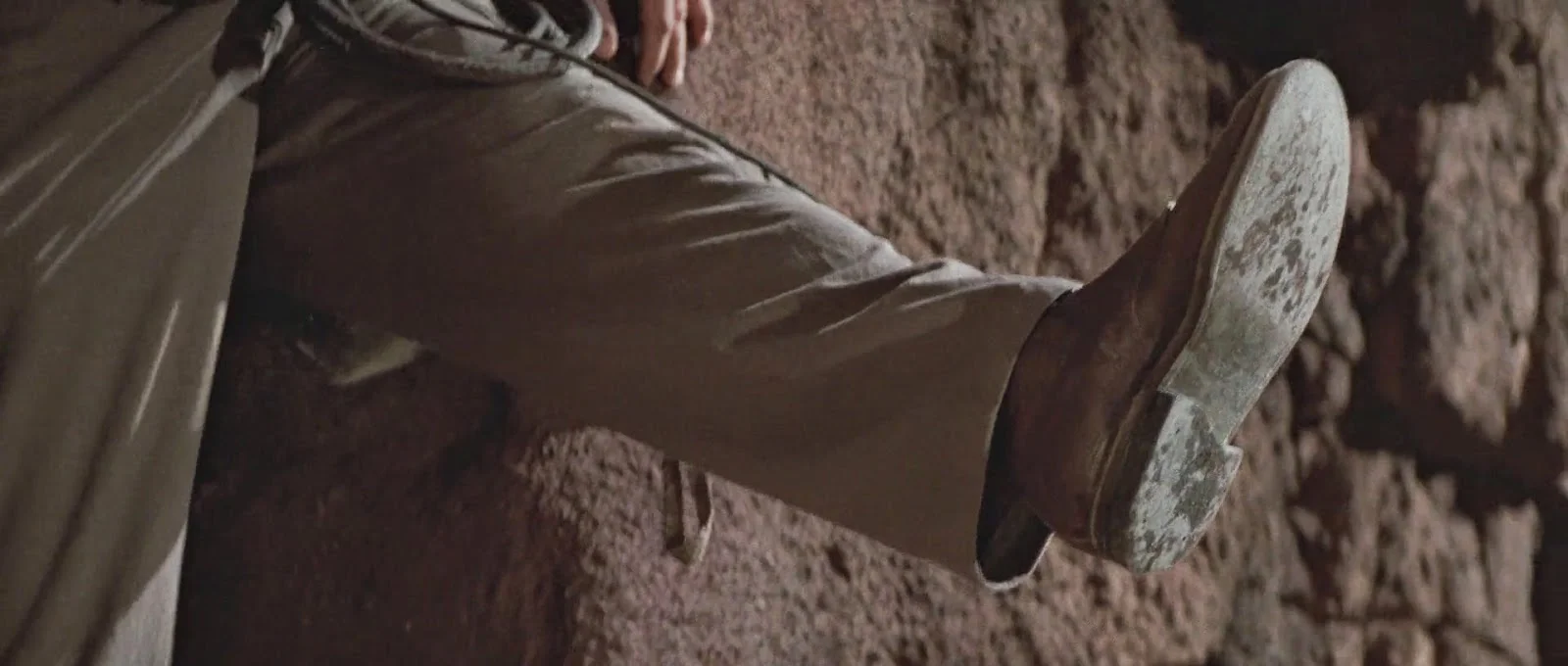This post was adapted from a segment in last year's blog post about my trip through Germany, Switzerland, and Austria. Certain passages were adapted into a more serious contemplation of spirituality and nature. Enjoy!
To some people, heaven is a literal but unseen plane of existence, the dwelling place of the divine. To others, it’s a fleeting but attainable prize for the here and now, glimpsed in a sunrise or through the shining curtain of a waterfall. To me, it’s both—and I found them in Gimmelwald.
Above the village of Lauterbrunnen, Switzerland, there lies a hamlet cut off from the inexorable flow of time by a five-hundred-foot sheet cliff. It’s insurmountable but for a dutiful cable car that makes hourly journeys up the mountain. Below, Lauterbrunnen bustles with all the trappings of modernity, but above, the hamlet of Gimmelwald, home to less than a hundred permanent residents, is a place apart.
You’ll find no cars in Gimmelwald, only a few golf carts that traverse a winding road up to the larger resort town of Mürren. Even the largest buildings are creaking, overgrown cabins, and through the trees up the slope you can glimpse cheese-making huts peering down at you. The verdant flanks of the mountain are speckled with cows, the bells around their necks tolling the coming of morning as surely as any rooster call. But even if Gimmelwald were stripped of its quaint charm, it would still be a place I could never forget.
For me and my companions, our initial ascent in the cable car was marred by sinuous veils of rain that hid much of the scenery from view. Still under the cover of an insistent deluge, we made our way to the Hotel Mittaghorn, a dark old edifice run by a nearly deaf old Swiss gentleman named Walter. The coin-operated shower was located in a separate room, but what the hotel lacked in convenience it made up for in homely appeal. Walter—the only employee for most of our stay—made a mean breakfast of sausage and eggs.
In the morning, after we were awakened by the crescendo tinkle of cowbells as the dairy cows made their way underneath the hotel window, we saw what the rain and mists had hidden from us the day before. Our bedroom window framed a view unlike anything I’d ever seen, a massive cliff practically pinstriped with waterfalls, rising from the valley below like a snowcapped bulwark of basalt.
That was when it sank in for us that in Gimmelwald we had wandered into a once-in-a-lifetime spectacle. It was as if our front porch was a portal to another world, a panorama of natural majesty whittled from the bare rock by a masterful Creator.
That point was driven home for me as the day progressed. The morning continued with a morning run up the trail to the neighboring town of Mürren, and later a hike down from the Männlichen station down to the resort town of Wengen. That hike provided us with our most stunning view yet. I would never consider myself cultured enough to be an expert on great literature, but I do dabble from time to time, and the descent brought to mind a passage from Frankenstein, where the eponymous doctor wanders the Alps in search of solace after abandoning his creation:
"Still, as I ascended higher, the valley ... was augmented and rendered sublime by the mighty Alps, whose white and shining pyramids and domes towered above all, as belonging to another earth, the habitations of another race of beings."
For me, instead of seeing evidence of some alien race, I saw the unmistakable fingerprint of the divine. The endless vistas lent me a newfound appreciation for the glories of the natural world—and for the powers behind them.
It’s hard not to look out on the majesty of creation and not feel some small measure of reverence. Even the most avowed heathen feels it, even if they choose to ascribe it to another source. There’s no doubt that the mighty glaciers and jagged peaks and filaments of water cascading down the sheer face of the mountain were created by natural processes, entirely explainable by science, and yet to me the evidence of a supreme Creator isn’t in the sights themselves but in the irrepressible, undeniable deference to the divine we feel when we gaze upon their wonders.
I’ve always been a religious person, but I sometimes struggle to connect with my conception of the divine while sitting in a pew. God can seem a little distant when someone forgot to turn down the thermostat or the kid in the bench in front of me is wailing for his Cheerios. That kind of worship will always have a place for me, but in places like Gimmelwald I can seek the heavens in both a figurative and literal sense.
In the Alps, I felt detached from the fallen earth to which I had been born and could almost stretch my fingers, like Adam in the famous Michelangelo masterpiece, to meet the outstretched hand of God. Atop that mountain cliff in Switzerland, it was as though a mere five hundred feet above the valley floor could lift me to touch the firmament itself.










